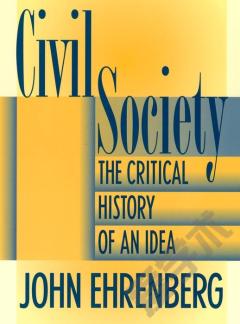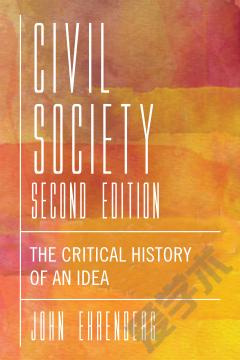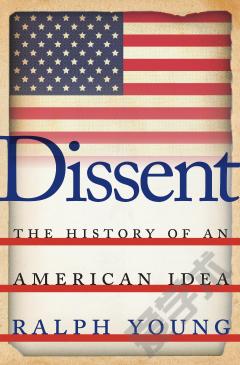Civil Society: The Critical History of an Idea
In the absence of noble public goals, admired leaders, and compelling issues, many warn of a dangerous erosion of civil society. Are they right? What are the roots and implications of their insistent alarm? How can public life be enriched in a period marked by fraying communities, widespread apathy, and unprecedented levels of contempt for politics? How should we be thinking about civil society? Civil Society examines the historical, political, and theoretical evolution of how civil society has been understood for the past two and a half millennia. From Aristotle and the Enlightenment philosophers to Colin Powell's Volunteers for America, Ehrenberg provides an indispensable analysis of the possibilities-and limits-of what this increasingly important idea can offer to contemporary political affairs. Civil Society is the winner of the Michael J. Harrington Award from the Caucus for a New Political Science of APSA for the best book published during 1999.
{{comment.content}}








 京公网安备 11010802027623号
京公网安备 11010802027623号